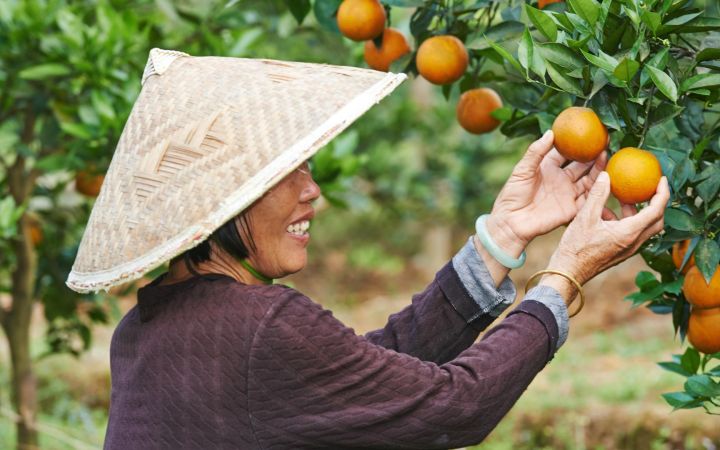ACOSS is concerned at the rapid rise of COVID-19 case numbers due to the spread of the Omicron variant and calls for increased investment in community-led health initiatives and greater public sharing of key vaccination data from the Federal Department of Health.
Acting CEO Edwina MacDonald said, “Australia is far from finished with tackling this pandemic, and the people most at risk from infection remain people on the lowest incomes, those who experience disadvantage and who suffer hardship. Pelope living in the lowest socioeconomic group have experienced almost four times as many COVID-19 deaths as people in the highest income group.
“The need for governments to keep all people safe from the virus is as pressing as it ever was. We know from ACOSS member organisations’ providing services on the ground that there are still certain areas and populations with low vaccination rates.
“As well as pushing for third jab boosters to keep people safer from Omicron, we also need to increase efforts to protect communities who need ongoing support to get the first round of two vaccinations, and ensure appropriate restrictions are in place until this happens.”
This morning, a joint op-ed from health experts at the Doherty and Kirby Institutes proposed the reintroduction of certain restrictions to keep people safe during the holiday period, including mandatory mask wearing indoors and certain limitations on mass social gatherings.
Acting ACOSS CEO Edwina MacDonald said, “as we have said consistently throughout the pandemic period, government decision-making on health policy should rely on the latest and most accurate scientific advice available. As frustrating and exhausting as it is to once again consider restrictions at the end of a tumultuous year, it’s imperative that governments accept the latest advice and respond swiftly and appropriately.
“Ultimately, the most effective way to protect all of us is to ensure everyone has equitable access to vaccinations, including booster shots, as well as reliable and easy access to testing sites and other related health and hospital services.
“Because of the extraordinary work of community-led health initiatives connecting with those hardest to reach, people who were hesitant about the vaccine, or who had struggled for access, are now better protected. We’ve started closing that gap in coverage rates.
“However, we’re incredibly concerned that the early mistakes of the rollout will not be learned for the booster shots, our systems will not evolve, and we’ll see people on low incomes left behind yet again, exposed to omicron and other variants. If that happens, it will end in tragedy for many households and families experiencing disadvantage and hardship.
“The Federal Government needs to increase its investment in community-led health initiatives. These are organisations working locally to inform people about the latest covid-19 developments, explain the benefits of the vaccine, arrange for them to have access to a jab, and checking on them afterwards. They are a vital complementary force to the mass vaccination clinics and GP hubs.
“Concurrently, the Department of Health must regularly release more granular data about the infection rates, vaccination rates and death rates of at-risk groups such as those experiencing disadvantage. By knowing who is yet to be vaccinated and where they are, and their vulnerability to the virus, community led health services can reach them and offer coverage. We’re hampering our own efforts to protect ourselves if we don’t have a clearer picture of specific coverage rates.”








